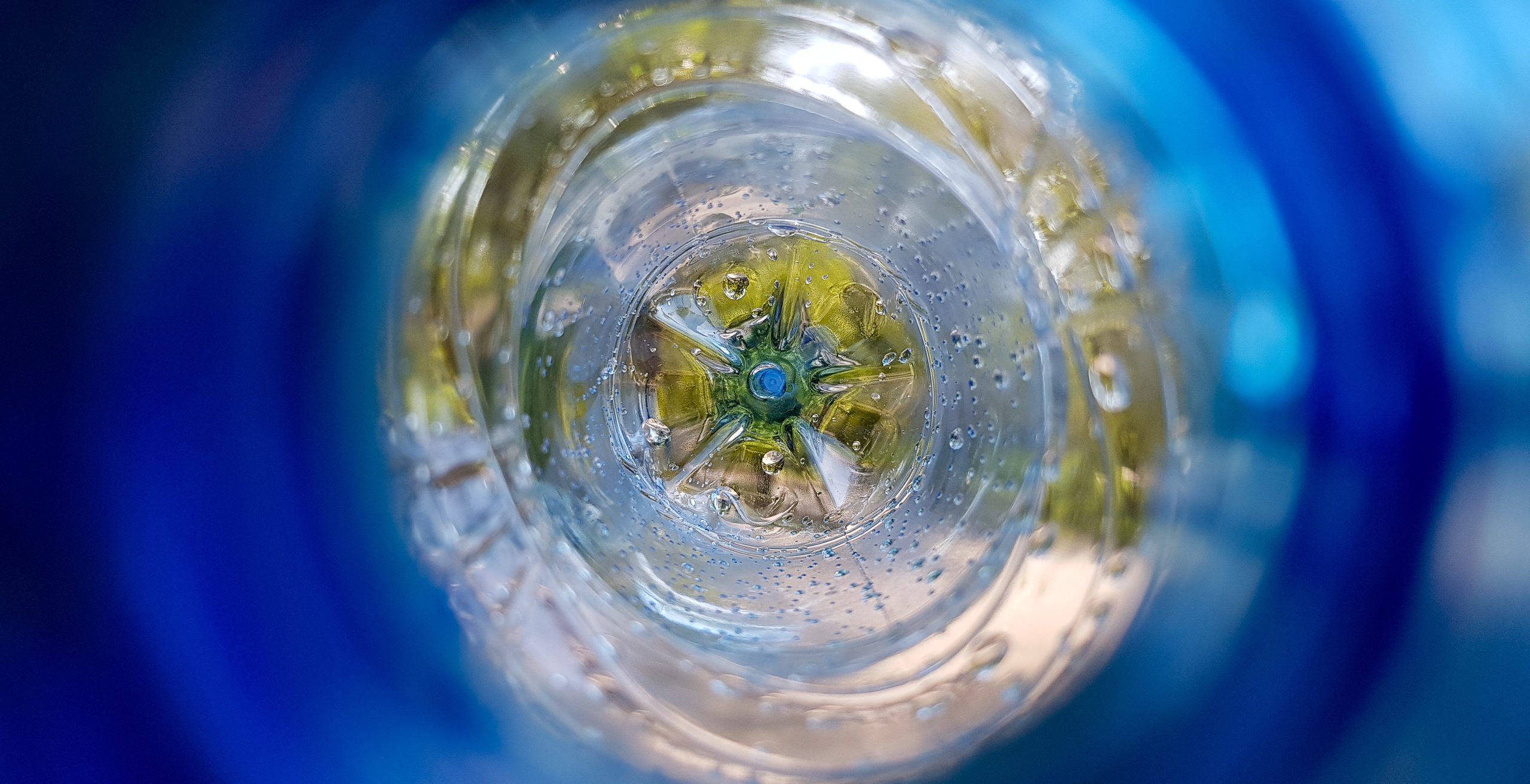By Steve Kratz, President, Pennsylvania Chemical Industry Council
January 2023
Environmental stewardship and sustainability aren’t routinely spoken in the same breath as the plastics and chemicals industries in general circles. But as members of the Pennsylvania Chemical Industry Council are proving, our industry is leading the charge with innovations in circular manufacturing, production and advanced recycling to create a more sustainable, energy-efficient future.
With more than 30 years serving as the voice of chemical and related industries in the Keystone State, PCIC has supported the growth of the industry largely by highlighting the products our members make and the services they provide that are indispensable to our way of life. Plastics are essential to harnessing renewable energy sources, building more fuel-efficient cars, designing energy-smart buildings and even producing lighter running shoes. We also learned early in the pandemic how critical our industry is as the building block for nearly every medical and health care product we use, ranging from life-saving equipment and infection-protection materials to PPE, disinfectants and sanitizers, and more.
Keenly aware of their vital role in our everyday lives, PCIC members are leading the charge to advance new innovations with a focus on sustainability, circularity and establishing low- or no-carbon goals.
Here’s a glance at the innovations of a few of our members:
Encina Development Group aims to transform end-of-life plastics into their original base forms that can be used to make new plastics. With plans to build its first commercial-scale facility in Point Township, Pennsylvania, Encina is expected to divert upward of 450,000 metric tons of plastic waste materials from being landfilled, incinerated or ending up in our streets, rivers and oceans. It’s a welcome technology — up to 85% of our plastics aren’t recycled and 30 million rural and 15 million suburban households lack curbside recycling.
3M launches about 1,000 new products every year and has long since met its goal of building sustainability into 100% of them through measures such as using renewable materials and reducing, eliminating or reformulating plastic packaging. Just a few examples of its products in this vein range from smog-reducing granules for roof shingles and recyclable padded mailers to retroreflective highway sign sheeting and wet-reflective pavement markings. 3M aims to achieve carbon neutrality in its operations by 2050.
Covestro produces advanced polymers and high-performance plastics globally. Its many sustainability moves include making concrete floor coatings that are better for both the interior and exterior environment and that last three to four times longer than typical floor coating products; using bio-based raw materials as hardeners for automotive paints; and capturing and using carbon dioxide in raw materials that are used in mattresses, car interiors and sports flooring. Covestro hopes to hit net zero emissions from its own production and from purchased energy by 2035.
Other examples include LANXESS recycling polycarbonate water bottles to derive materials needed to make everyday items such as laptop covers. BASF has entered into two power agreements, totaling 250 megawatts, that will offset more than 20 manufacturing sites in the U.S. with solar and wind power. DOW is investing in partnerships to secure circular feedstocks derived from advanced recycling materials.
The list goes on. We are constantly sharing these great member stories but, hopefully, the message is clear: PCIC members are at the forefront of innovation and investment in new technologies to advance sustainability and a brighter environmental future.
Steve Kratz is a senior director at Bravo Group as well as president of the Pennsylvania Chemical Industry Council. To read more about the council’s work, click here.
